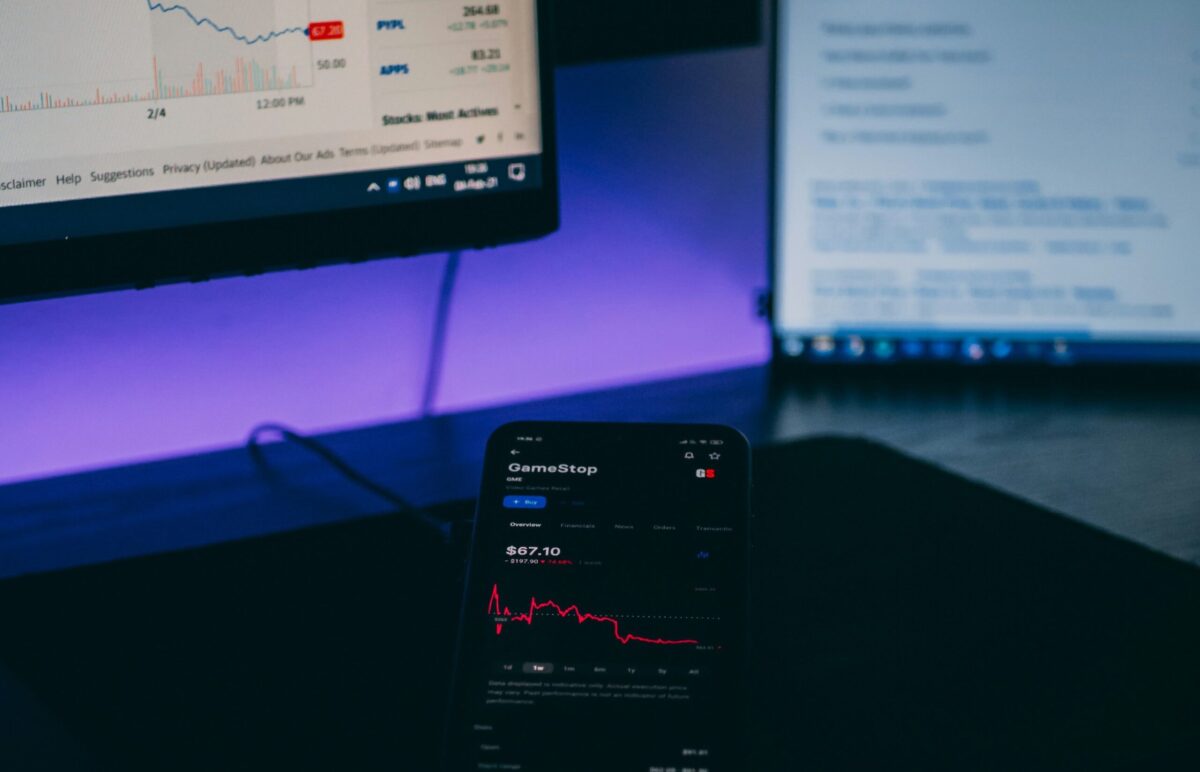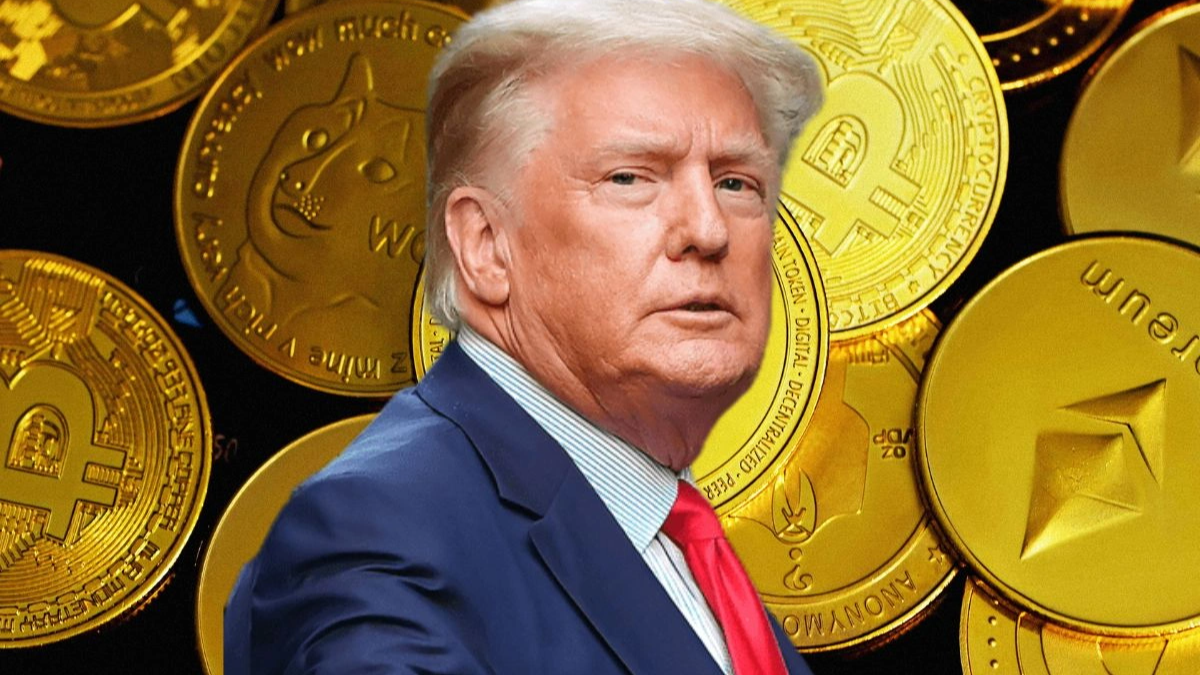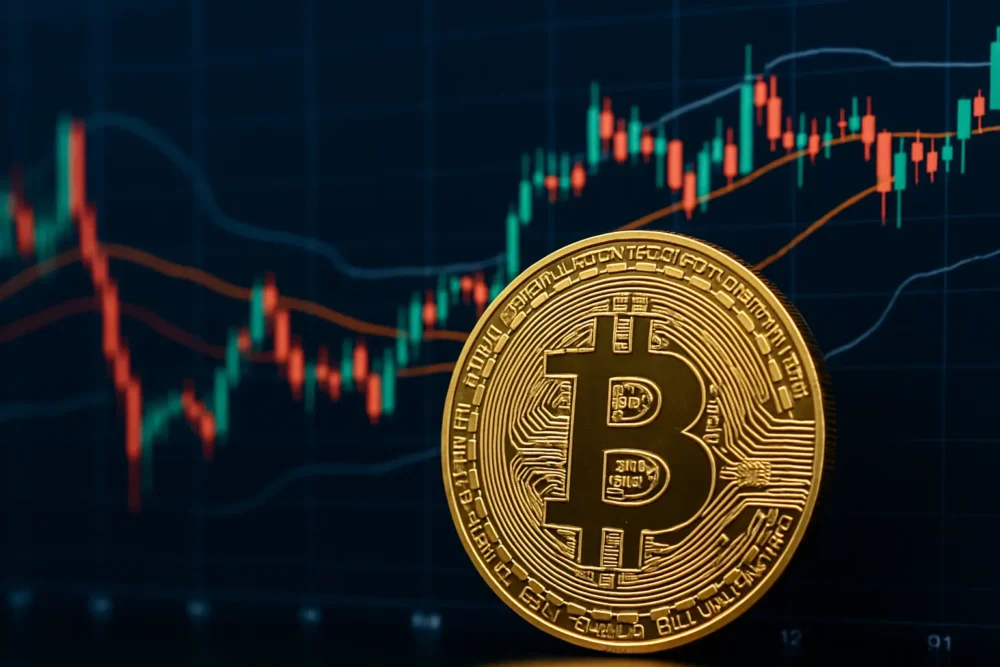The controversial rally of GameStop (GME) stock saw its second consecutive day of decline on Monday. It happened after it closed the US trading session down 12% after a 40% drop on Friday.
GameStop is an American video game, consumer electronics, and gaming merchandise retailer founded in 1984. Headquartered in Grapevine, Texas, it operates over 4,800 stores globally under various brands.
The retailer gained widespread attention in early 2021 due to a dramatic stock price surge fuelled by retail investors from the Reddit forum WallStreetBets.
This event, driven by a short squeeze, saw the stock price soar from around $20 to nearly $500 at its peak, significantly impacting hedge funds with short positions. The phenomenon highlighted the influence of retail investors and social media on financial markets.
However, its recent decline has ended up impacting meme tokens that tend to follow the stock’s movements. By the end of Monday, GME was trading at $24.89, a 62% drop from its two-year high of $61 last Thursday.
Additionally, the Solana-based meme token $GME, which parodies the company, slid 25%, reversing a more than 200% rally from the past seven days.
Other related tokens, such as Roaring Kitty ($KITTY) and various cat-themed tokens, which previously moved in tandem with GME stock, lost an average of at least 10%, according to data from CoinGecko.
Dog-themed tokens, including Dogecoin ($DOGE), Shiba Inu ($SHIB), and Floki ($FLOKI), also saw their gains from the last week diminish, with losses ranging from 4% to 10%. At the time of press, all of these tokens were seen trading in the red side of their respective charts.
Keith Gill’s return
GameStop’s stock has experienced significant volatility since late May, coinciding with the return of retail trader and GME bull Keith Gill. Known by his aliases @TheRoaringKitty and “DeepF*ckingValue,” Gill was a key figure in the stock’s short squeeze rally in 2021.
Last week, Gill revealed a $580 million position in GME equity and options holdings, boosting the stock’s prices and positioning him for potential billion-dollar exposure. However, these gains were short-lived. GameStop announced plans to sell up to 75 million shares, just days after raising $933 million by selling 45 million shares.
The company also reported a decline in quarterly sales, which dampened investor sentiment and erased recent gains.
GameStop’s recent surge back into the spotlight can be traced through several key developments. In July 2020, Keith Gill began posting YouTube videos and Reddit posts on WallStreetBets, highlighting the value he saw in the highly shorted GameStop stock.
By December, GameStop missed Wall Street estimates for quarterly revenue due to pandemic-related store closures and competition from digital-game sellers, driving shares lower. A month later, GameStop appointed Ryan Cohen, founder of Chewy, as CEO and added other e-commerce veterans to its board to boost digital sales.
Later that month, short-seller Citron Research and other top short-sellers targeted GameStop, but hedge fund Melvin Capital closed its short position, and Citron covered most of its short positions.
As GameStop and other stocks saw sharp gains, the White House and Treasury Department began monitoring the situation.
By late January, online brokerages restricted purchases of GameStop and other volatile stocks, with Robinhood limiting trading in 13 stocks, including GameStop and AMC.
In early February, the SEC reviewed social media posts for signs of potential fraud behind GameStop’s surge, and Massachusetts securities regulators issued a subpoena for Keith Gill’s testimony.


